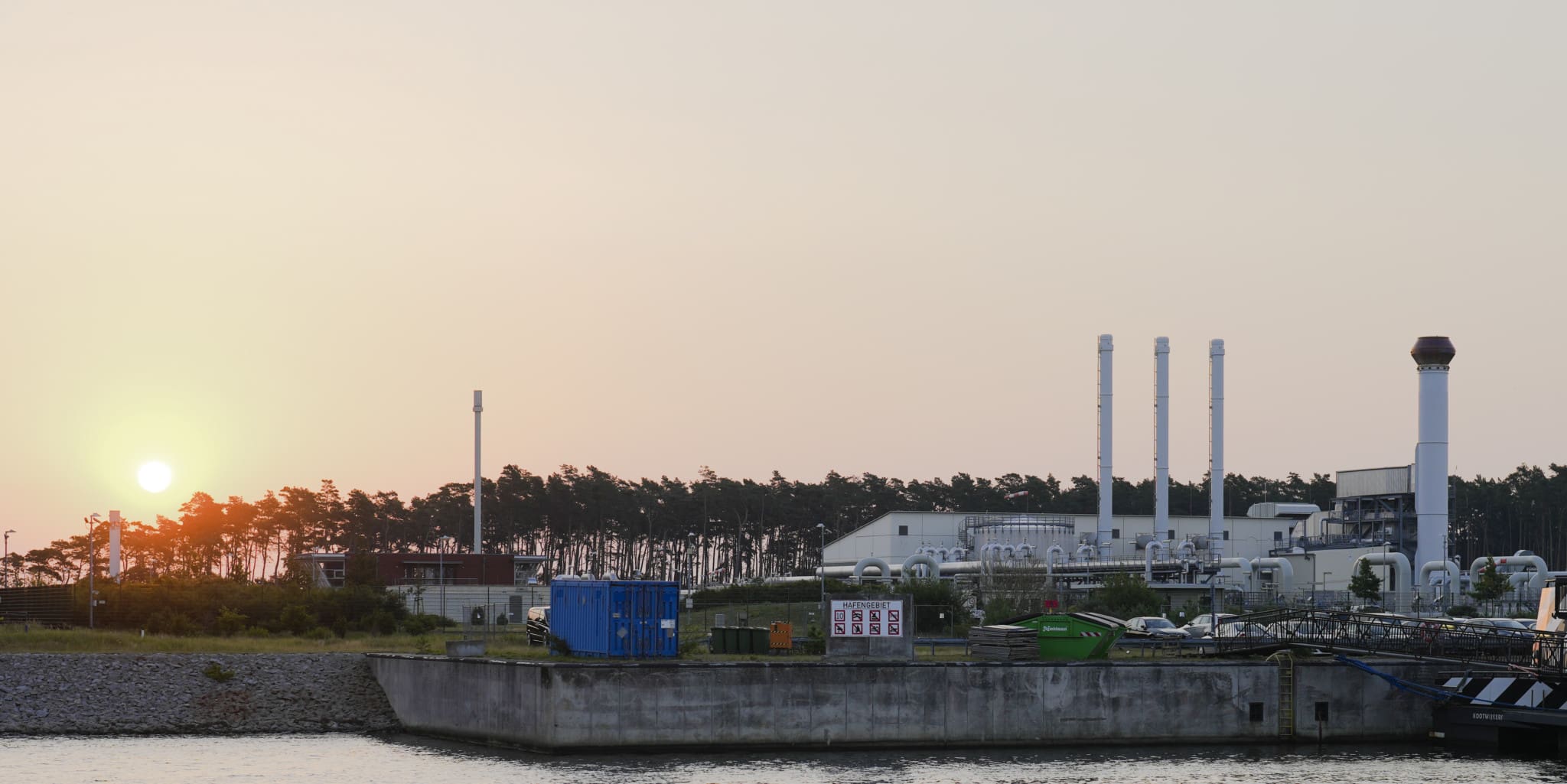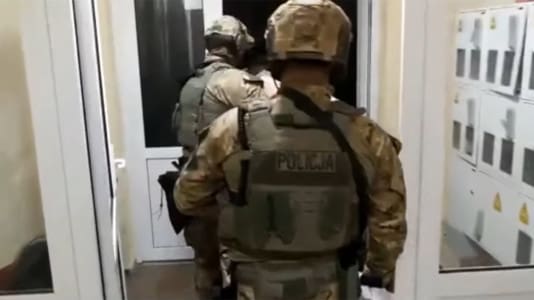Russian gas supplies to Europe via the Nord Stream pipeline will be further cut to just 20 percent of its full capacity on Wednesday morning, Gazprom announced on Monday as European politicians accused the Kremlin of “gas blackmail” and holding Europe to ransom over energy supplies.
The Russian state-owned gas supplier released a statement announcing its intention to halve the current supply of gas through the pipeline, which was already only operating at 40 percent of its capacity with Russia citing maintenance work on one of its gas turbines.
“Due to the expiration of the time before overhaul, and taking into account the technical condition of the engine, Gazprom is halting the operation of one more Siemens gas turbine engine at the Portovaya compressor station,” the statement read, with supplies expected to fall from 67 million cubic meters to just 33 million from 7 a.m. Moscow time.
Kremlin spokesperson Dmitry Peskov insisted Russia is “not interested” in cutting off gas supplies, with Russia blaming the reduction in supply on the delayed return of a Siemens gas turbine that had been sent to Canada for repair; the turbine is now in Germany.
In his nightly address on Tuesday, Ukrainian President Volodymyr Zelensky accused Russia of holding Europe to ransom.
“The gas blackmail of Europe, which only gets worse every month, is used by a terrorist state to make the life of every European worse,” said Zelensky.
One nation such a move will affect considerably is Germany, which remains heavily dependent on Russian energy. The country’s vice chancellor and economic minister, Robert Habeck, made it abundantly clear in a television appearance on Monday that Germany was facing an energy crisis.
“We have a serious situation. It is time for everyone to understand that,” Habeck told the ARD TV channel, adding that Germany must reduce its gas consumption.
“We are working on it,” the minister said, explaining that a gas shortage across Germany this winter was a possibility but “all now depends on how frugal we are.”
“This is why Germany must reduce its gas consumption by 15-20 percent,” Habeck added.
While other European nations that have diversified their energy supplies, such as Poland, could rely on their considerable gas reserves stored in anticipation of a difficult winter, the German federal government is scrambling to fill its gas storage tanks; this site reported last week that a third of the country’s gas storage facilities are currently empty, according to the Gas Infrastructure Europe association.
By contrast, neighboring Poland’s gas storage tanks are now 95 percent full.





